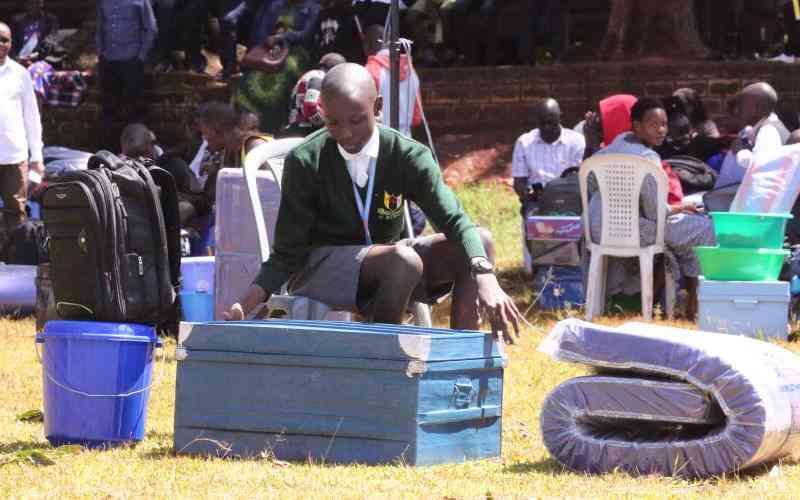×
The Standard e-Paper
Fearless, Trusted News

With secondary schools gearing up to admit a new lot of Form One students from Monday, many school principals are facing a financial dilemma forced to run the institutions with almost empty coffers.
Even as government aspires to achieve 100 per cent transition from primary to secondary education, most schools are running on debt as high inflation rates make it difficult for their management to run operations with the current recommended fees.